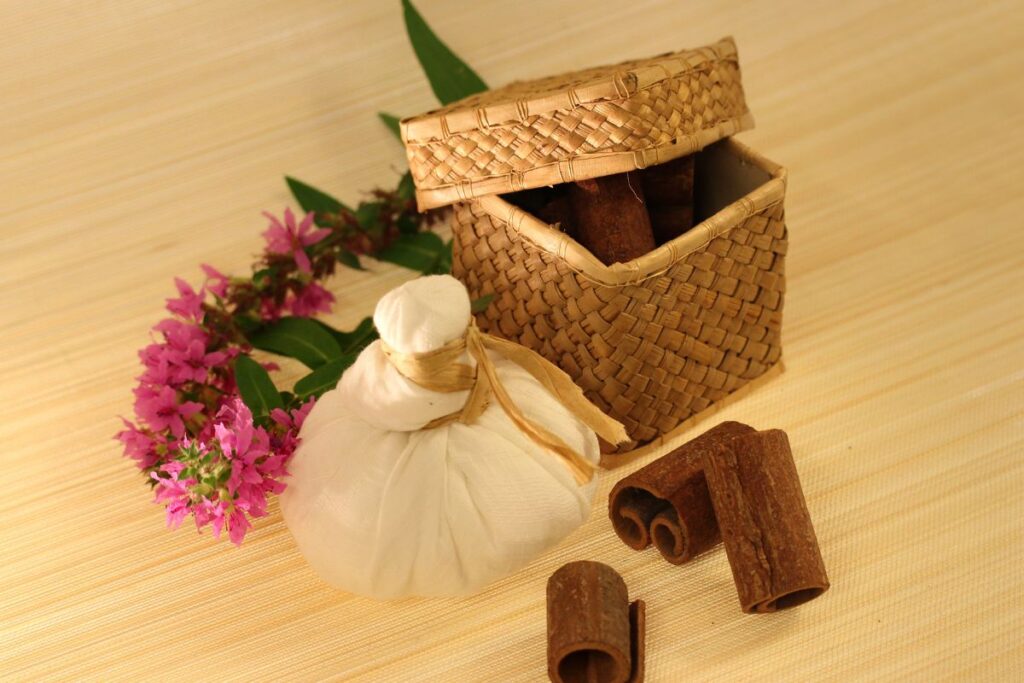In Ayurveda and traditional Chinese medicines, various herbs are believed to promote respiratory health. However, certain medications can lead to lung damage if they include substances or contaminants that trigger immunological responses or inflammation.
Case Study: Severe Asthma Triggered by Herbal Remedy
A 34-year-old patient with mild seasonal asthma took a TCM formula containing ephedra and other herbs for “lung support.” Shortly after starting the treatment, he experienced a severe asthma exacerbation and respiratory distress, requiring hospitalisation. The case, published in Thorax, linked ephedra with increased airway reactivity and respiratory complications.
Respiratory Risks from Certain Herbal Compounds:
1. Ephedra-Induced Bronchospasm:
Ephedra, or Ma Huang, is commonly used in TCM for respiratory ailments but can cause bronchospasm, particularly in individuals with asthma. A Journal of Respiratory Medicine study found that 15% of participants with asthma experienced exacerbated symptoms after using Ephedra.
2. Immune-Mediated Respiratory Reactions:
Some Ayurvedic herbs, such as Adhatoda, stimulate immune responses, which can lead to hypersensitivity pneumonitis. In a case series published in Lung India, individuals developed respiratory inflammation after using Ayurvedic herbs for respiratory support.
3. Pulmonary Fibrosis:
Prolonged use of TCM herbs containing aristolochic acid has been linked to pulmonary fibrosis, a condition in which lung tissue becomes scarred. Journal of Occupational Medicine and Toxicology reports several cases of progressive lung damage among TCM users.
Research and Regulatory Oversight:
● Adverse Reactions to Respiratory Herbs: According to a study, around 12% of herbal users with asthma reported worsened symptoms, likely due to contaminants or stimulatory effects.
● FDA Warnings: The FDA has banned ephedra in over-the-counter products due to risks of severe respiratory and cardiac side effects, but it remains available in some TCM preparations.
Disclaimer:
This article is intended to inform readers about respiratory risks related to some herbal medicines. It does not defame traditional treatments but encourages caution. Consult a healthcare provider if you have respiratory issues before taking any herbal supplement.
How HealthPil Can Help:
At HealthPil, we offer access to pulmonologists and respiratory specialists who can guide you on safe herbal practices. Consult trusted professionals to ensure your respiratory health.

